Articles
SIRC articles provide evidence-based and actionable insights from sport researchers, athletes, coaches, sport organizations and thought leaders to advance sport in Canada.
Featured Article
Concussions in Sport: What Parents Need to Know About the Youngest Athletes
Each year in Canada, more than 200,000 athletes experience a concussion. The numbers are striking, and so is the fact that until recently, the youngest athletes were almost absent from research and public conversation about these injuries. Dr. Miriam Beauchamp is a professor at the University of Montreal, a researcher at Sainte-Justine Hospital, and Canada…
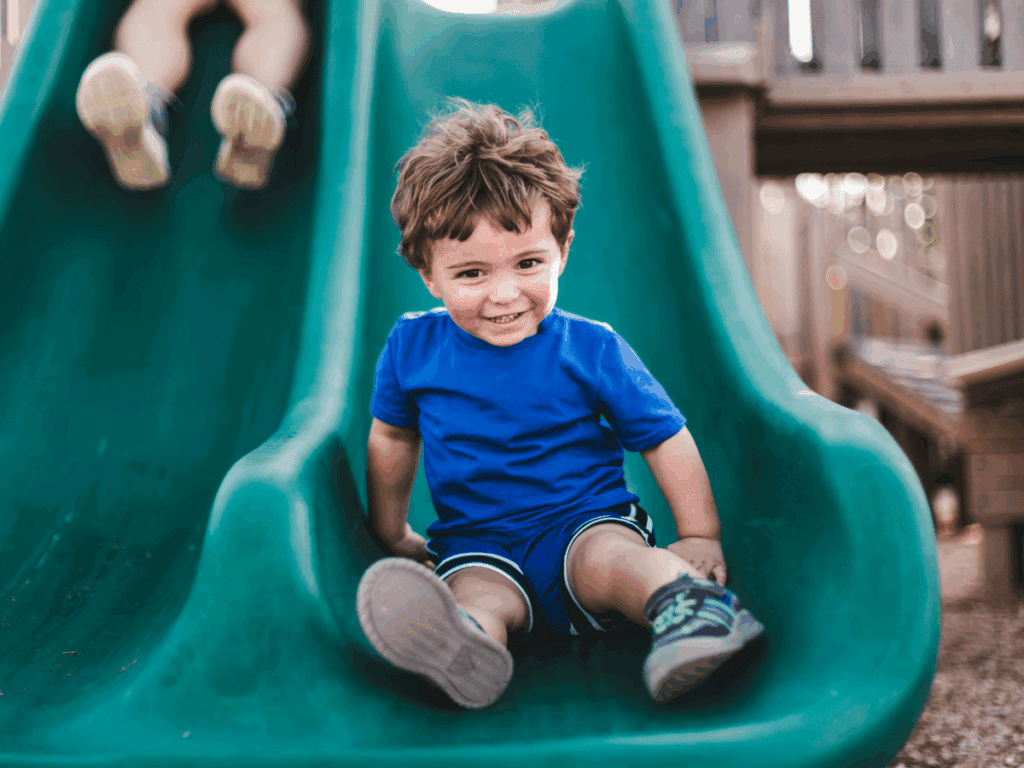
Search Articles

This is the third blog post in a series designed to increase the capacity of sport organizations to govern well in an increasingly complex world. Check out the previous posts about strategic foresight and the keys to gold medal governance....
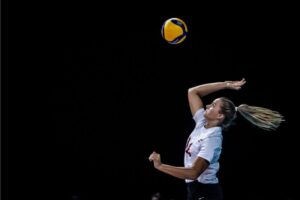
How Volleyball Canada is taking an evidence-based approach to concussion prevention
September 27, 2021
| Wesley Chen and Kerry Macdonald, Volleyball Canada
Highlights “You have a concussion.” These are words that no athlete wants to hear. What exactly does it mean? Perhaps a full stop to sport-related activities. Or, no longer being able to practise, train or compete. Maybe uncertainty around recovery...

Activating Safe Sport communities
September 27, 2021
| Jennifer Coletti and Veronica Allan, SIRC
Highlights In May 2021, the Sport Information Resource Centre (SIRC) announced the launch of its Community Activation Grants. This program supports sport organizations in developing and disseminating concussion and Safe Sport resources in Canadian communities. The launch was set against the...
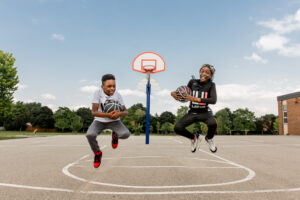
Ask the experts: Q&A with Chris Penrose about learning from and communicating evaluation findings
September 8, 2021
| Corliss Bean, Caroline Hummell and Chris Penrose
You’ve carefully planned your evaluation, collected data and compiled results. Now what? Brock University’s Corliss Bean and Caroline Hummell spoke with Chris Penrose of Lay-Up Youth Basketball for SIRC’s Experts in the House mini-series on Mastering the Art of Evaluation,...
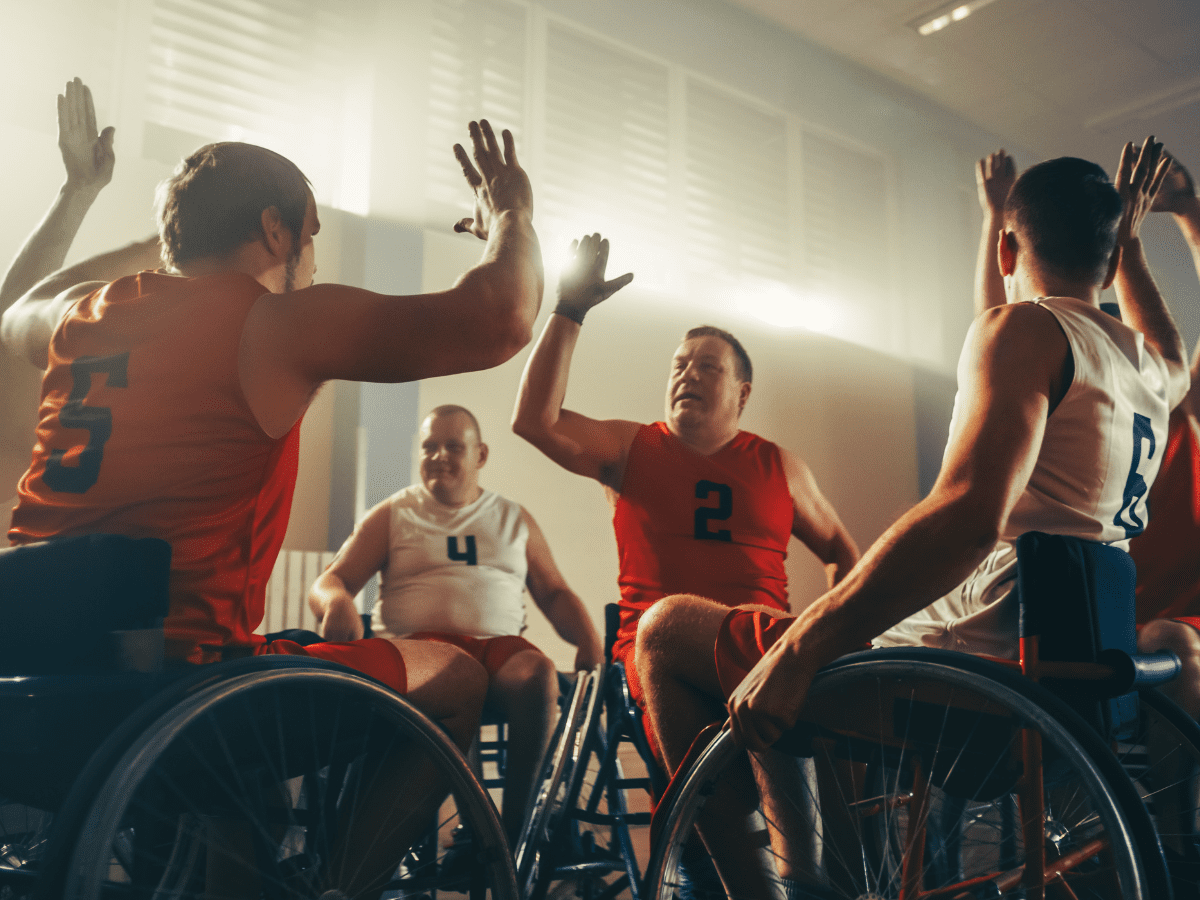
Toolkit: Mastering the Art of Evaluation
July 21, 2021
|
Every success story is a tale of constant adaptation, revision, and change.Richard Branson Evaluation is as an essential organizational practice in the sport sector. However, many stakeholders do not receive sufficient training or the time, funding, or staffing to engage...

The evolution of the active economy
July 19, 2021
| David Legg and David Finch, Mount Royal University
Highlights In November 2018, Calgarians participated in a plebiscite to decide if the city should proceed with a bid to host the 2026 Olympic and Paralympic Games. Calgary’s shot at hosting its second Olympics and first Paralympics came to an end as 56.4% opposed bidding....

The new normal? How digital innovation evolved the fan experience
July 19, 2021
| Adam Steiner and Veronica Allan, SIRC
Highlights Sport, like all industries, adapted to the challenges of the ongoing COVID‑19 pandemic. Competitions and events were cancelled or they continued in empty stadiums. Over the past year, high-performance athletes have become used to long periods of isolation and...

Building a culture of excellence in high performance sport
July 19, 2021
| SIRC with Own the Podium
Highlights An organization’s culture involves the values, attitudes and goals that are shared by a group of people. These values, attitudes and goals influence how the group interacts and operates as its members work toward a common goal. Within and...
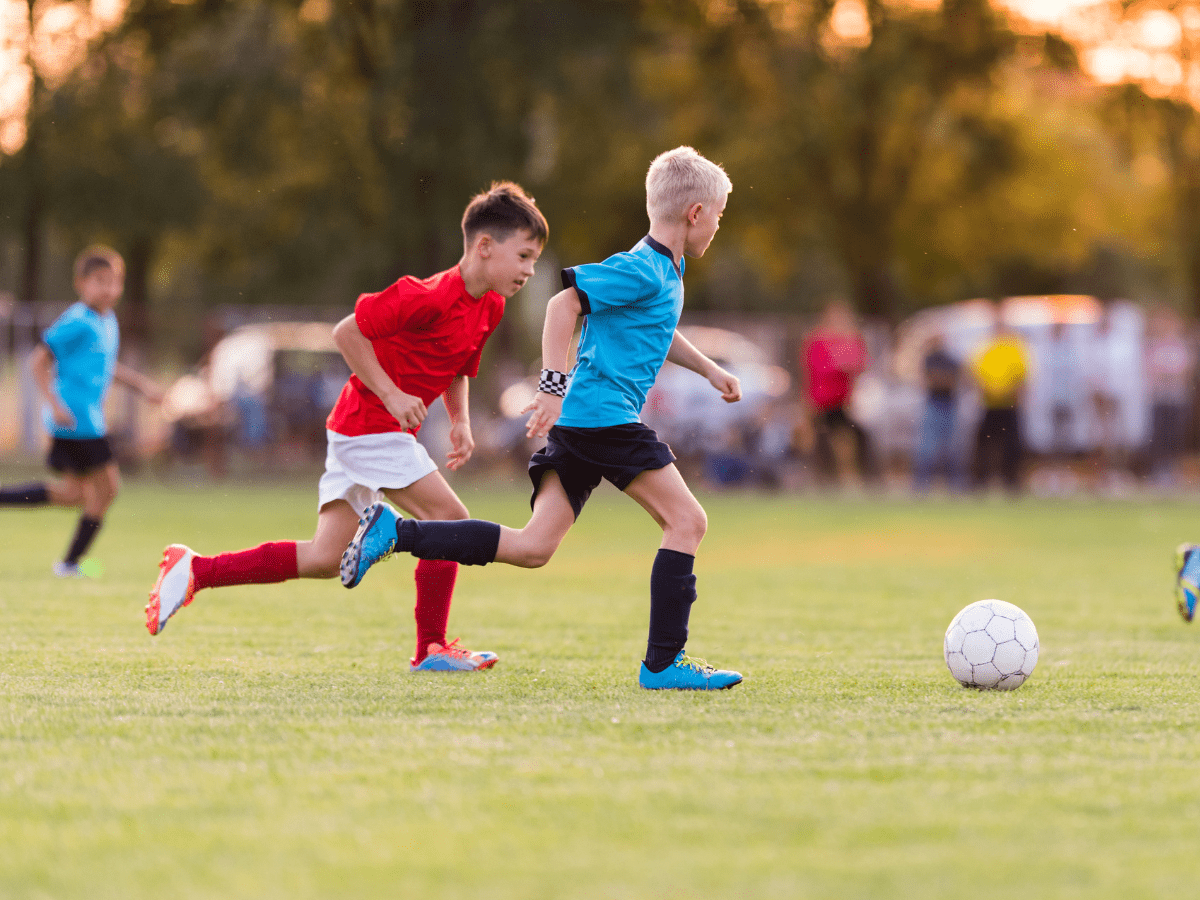
Three recommendations for sport organizations when engaging in evaluation
July 14, 2021
| Caroline Hummell, Corliss Bean and Maji Shaikh
The sport sector considers evaluation an essential organizational practice. Through evaluation, sport organizations can gain insights and solicit feedback about their programs. Evaluation can also inform decision-making, guide program improvements, and build stakeholders’ value and advocacy for programming (Holt et...

Building capacity for evaluation with students and volunteers
June 7, 2021
| Sarah Lawrason, UBC Okanagan
An essential part of improving sport service delivery is program evaluation. Program evaluation allows sport organizations to understand how their programs or initiatives work in different ways. However, many organizations receive insufficient training or lack the capacity (staff, funding or time) to engage in evaluative work (Carman & Fredericks, 2010). One...